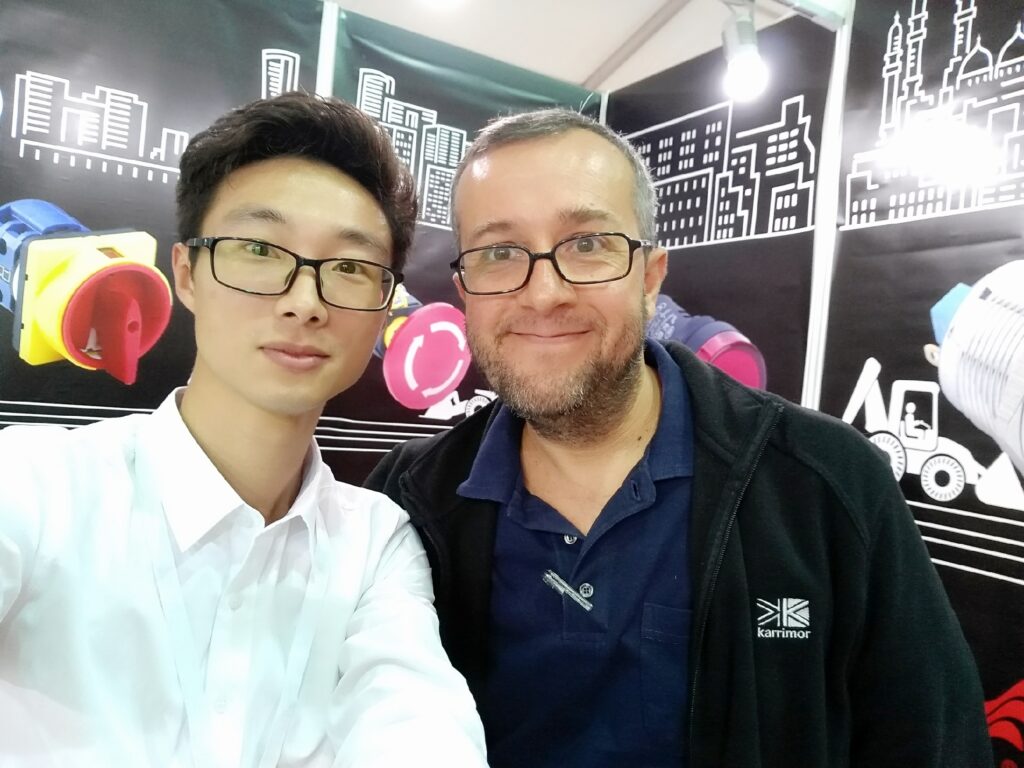
Hello
Rotary Cam Switches Overview
A rotary cam switch controls circuits by rotating a shaft. Rotation of the shaft works with a cam design to open or close contacts either simultaneously or separately based on structure. The shaft’s range of positions determines multiple contact arrangements.
These switches serve in industrial, domestic, and technological sectors. Their flexibility arises from handling diverse voltage and current needs. In scenarios requiring tactile or visual feedback, features such as detents and illumination are incorporated.
- Typically found in industrial equipment and consumer devices
- Supporting diverse electrical loads creates flexibility
Disconnect Switches in Electrical Safety
Disconnect switches provide safety by isolating circuits. Their primary purpose is to isolate power from circuits. Power separation is essential for hazard mitigation. Ensure the switch is de-energized before work. Unsafe practices result in harmful consequences.
Maintain safety by respecting key operational rules: Ascertain the targeted disconnect position. Confirm energy is off before manipulation. Apply protective clothing and instruments during work. Turn on the switch and check electrical continuity.
- At intervals, scrutinize disconnect for deterioration
- Ensure storage in dry and unpolluted environments
- Reach out to specialists for assistance
Role of Isolator Switches
An isolator switch provides essential power disconnection in electrical systems. Unlike fuses and breakers designed to protect circuits, isolators physically separate power circuits. Isolation stops exposure to hazard during electrical work.
- Allow isolation during fault finding and tests
- Isolators often have visible open/closed status indicators
- Isolators contribute significantly to workplace safety
Reliable Switch Over
Changeover switches serve as vital elements for guaranteeing reliable power delivery. Their function involves prompt load switching to alternate sources. They cut down interruptions in electricity supply. Time without power is negligible due to improvements. Integral to systems with alternative energy needs. They perform reliable automatic source selection
Rotary Switches Explained
Insight into cam switches simplifies circuit operation. These switches feature a rotating handle to operate multiple contact points. Contact layout supports exact circuit switching. The cam mechanism ensures dependable switch performance. They excel in environments requiring accuracy and strength
- Awareness of switch setup supports issue analysis
- Knowing the functions of contacts is necessary for configuring
- Additionally, switch specifications are key to consistent performance
Disconnect Switch Functions
Disconnect switches ensure safe system operations. Switches stop electrical flow when required. They safeguard workers during electrical interventions. Numerous types exist tailored for various applications
- These switches have broad industrial and commercial deployment They appear frequently in manufacturing and consumer sectors Rotary cam switches see widespread use across diverse industries Rotary cam technology is versatile across many fields
- Standard isolation switches dominate industrial use
- These switches break the circuit under load stress
- Vacuum disconnectors offer reliable interruption capabilities
- They harness air gaps to cease current flows
Understanding switch types aids proper device selection. Reviewing electrical ratings and operational context aids safety
Deciding on Suitable Isolation Device
Picking isolation switches depends on critical parameters. Consideration of current rating or electrical load. Voltage assessment is vital for selecting isolators. Cycle rates affect switch functionality. The physical attributes such as size and mechanical structure must be compatible. Incorporating arc-quenching properties is prudent. Extensive evaluation supports proper isolator picking.
Industrial Roles of Changeover Devices
They provide essential functionality in production settings. Their main job is to redirect electrical power between circuits smoothly. Switches contribute to electricity distribution and stability. Changeover switches optimize manufacturing line efficiency. Industrial environments depend on their dependable operation
Switch Type Characteristics Compared
Correct selection hinges on comprehending differences. Cam switches provide diverse modes via position selection. Disconnects protect through power interruption. They separate electrical currents physically. Stronger mechanical features and higher ratings differentiate isolators
Troubleshooting Electrical Switch Problems
Frequent faults involve loose or damaged parts. Review mounting hardware and tighten loose parts. An unstable light points to switch or lamp troubles. Examine components for defects or aging and replace. Review circuit protection devices and reset as required. Electricians provide guidance for persistent switch problems
Construction and Working of Cam Switches
Electromechanical rotary cam switches modulate electricity delivery. Functionality relies on shaft rotation controlling electrical contacts. The shaft’s spin commands contact states in order. Cam shape and design govern the switch’s configuration. Cam complexity supports multiple electrical pathways
These switches have broad industrial and commercial deployment. Integrated into machinery, consumer products, transportation and communications.
- They are common components in many operational areas They are common components in many operational areas They are common components in many operational areas They find application in numerous industrial and Rotary Cam Switch commercial settings
- Configuration factors are size, switch count, materials, and environmental impact
